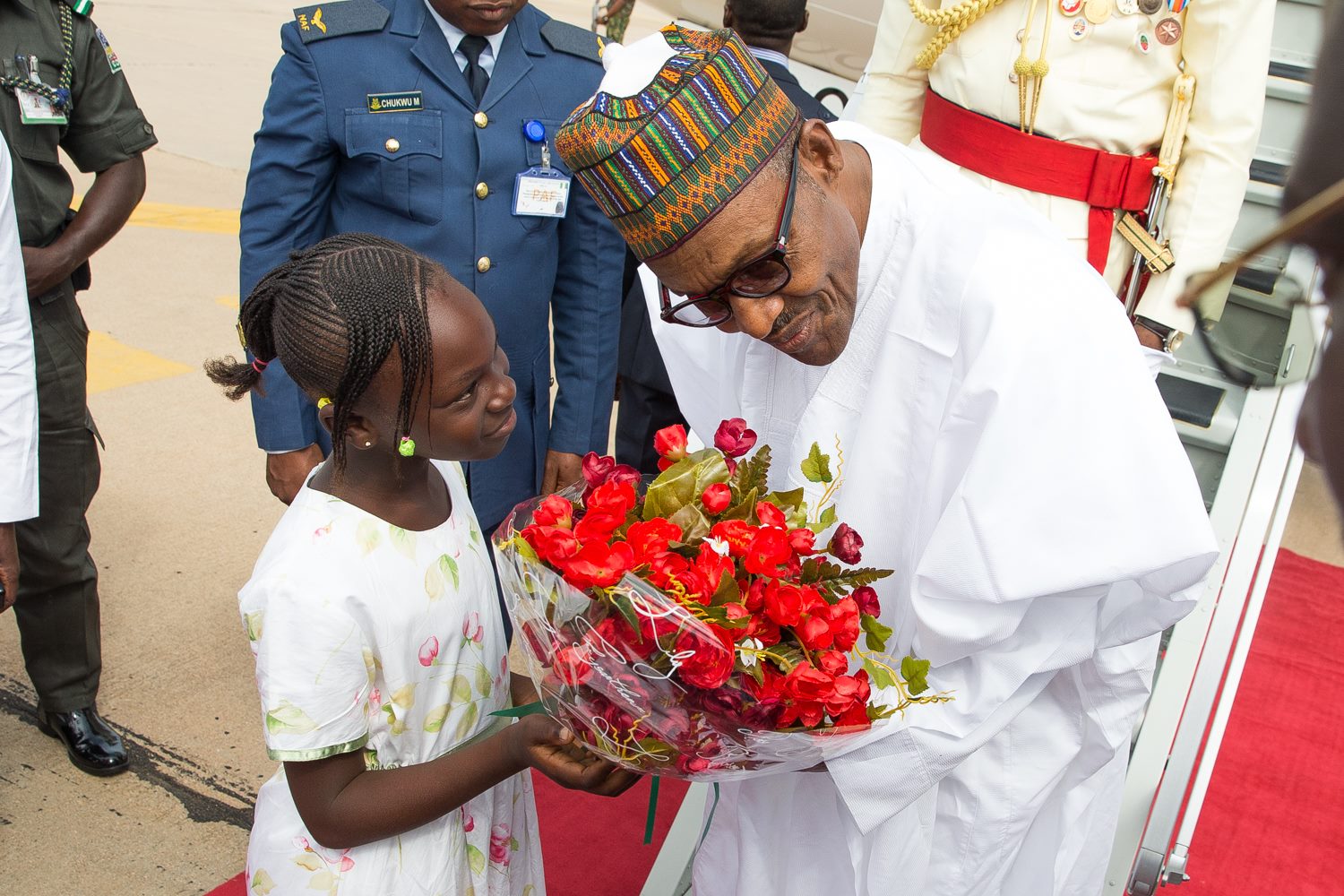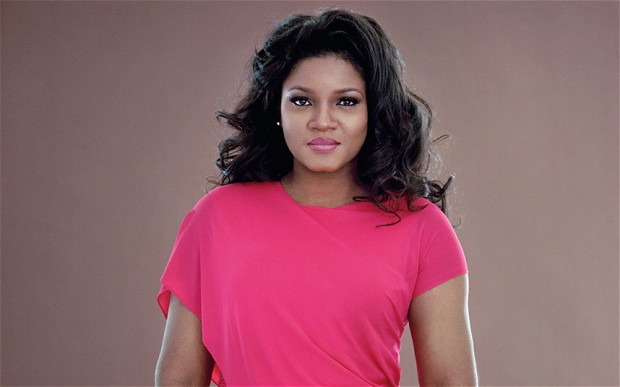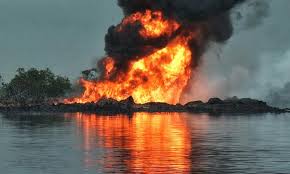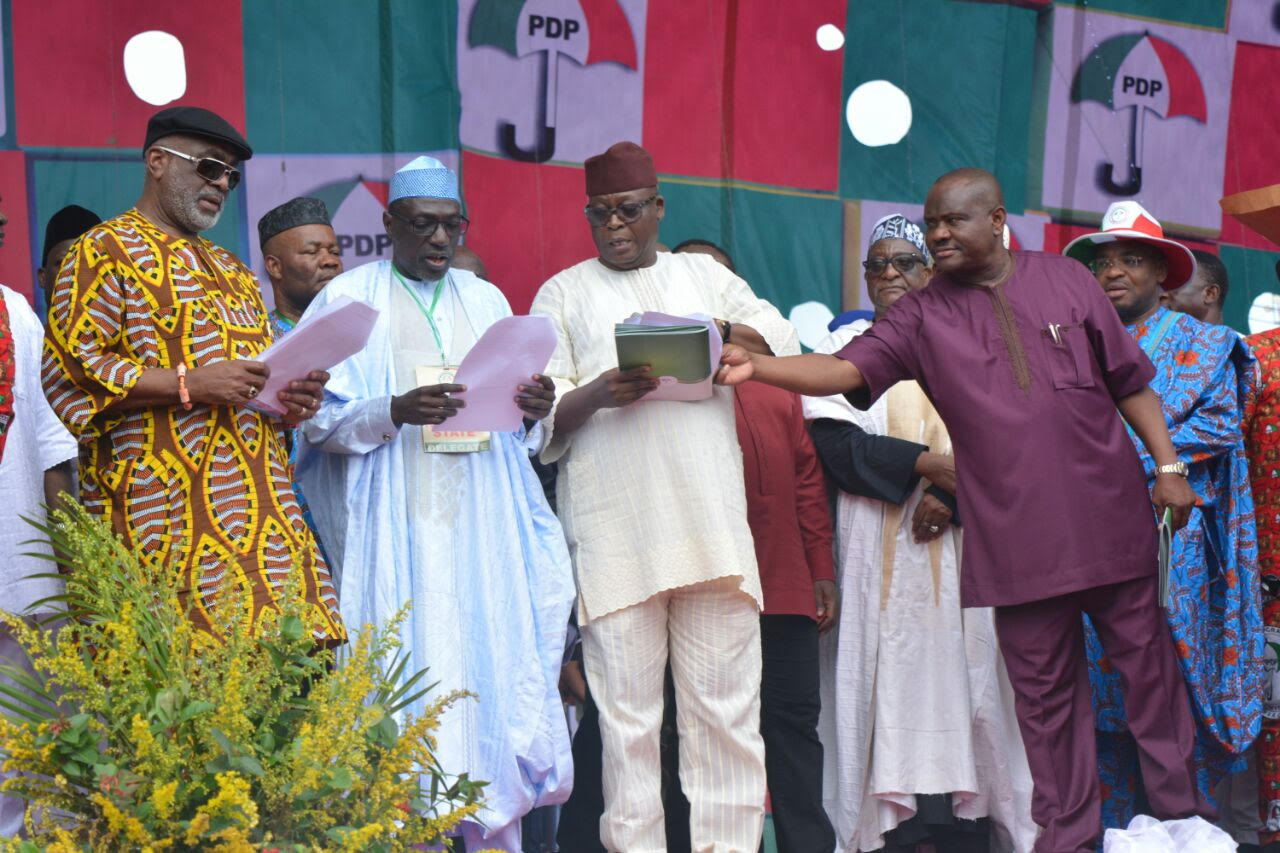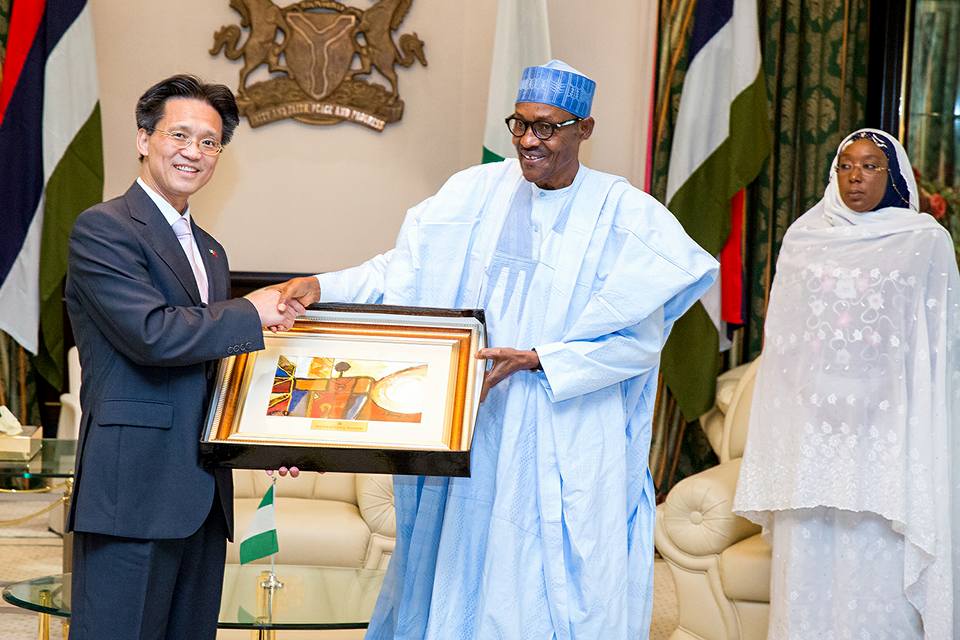I once shared a story with readers of an incident that took place at the height of the Buhari/Osinbajo campaign last year. Candidate Muhammadu Buhari and his running mate, Yemi Osinbajo, had visited the traditional ruler in Gusau. They stayed longer than they had planned – far into the night – and were hoping that the crowd would have dispersed by the time the visit was over.
They were wrong. The boisterous crowd had defied sleep and besieged them, surging closer and closer as they tried to leave. Buhari reportedly said to Osinbajo as their convoy snaked through the wildly excited crowd: “From the look on their faces, these people expect everything to change from the first day we take office!”
The mood of the crowd in Gusau that night was largely a reflection of the mood across the country. Nigerians were down and almost out on good luck; they desperately needed change.
One year on, the honeymoon – quite extraordinary by Nigerian standards – appears to be ending. It’s doubtful if anything Buhari imagined when he put himself forward or said when he was campaigning prepared him for the weight of expectation and the scale of the mess he found when he eventually took office.
Advertisement
The naira has lost over 35 percent of its value to the dollar, inflation is in double digits, the economy has retracted, unemployment has risen and new tensions and fault lines appear to be replacing old ones. The promise of change is beginning to look like a mirage.
Was Buhari a mistake?
In the midst of the daunting challenges facing the country, it is easy to forget where we’re coming from. Or to underestimate the extent of repair for the damage inflicted by many years of misrule.
Advertisement
Nigeria was fighting for its life. Although Boko Haram pre-dated former president Goodluck Jonathan, on his watch, the murderous group seized over one-third of the North, an area the size of Northern Ireland, and hoisted their flag. It all seems like distant memory now but this time last year, swathes of the North Eastern part of the country was desolate; there was only one road left linking Borno State with the rest of the country. The North was effectively a war zone, with roadblocks and soldiers everywhere and over two million people displaced.
Abuja suffered a string of deadly attacks, too. Key buildings, even military installations, were hiding behind huge concrete barricades hurriedly redeployed from Julius Berger construction sites. It was inconceivable that while the country was under siege from Boko Haram and our collective security was left to God, hunters and neighbouring countries, our Commander-in-Chief Jonathan, with his four angels and foot soldiers, were either in denial or very busy gorging themselves on funds meant to fight the war. But we know that it happened.
Sure, we should be asking Buhari what he has done for us lately but it would be a disservice to our collective memory to take our recent past for granted. I remember Nigeria’s former ambassador to the US, late Professor Ade Adefuye, sharing with me his frustration that arms supply and training for Nigerian soldiers at the frontlines had been hopelessly and needlessly impeded.
Why? Either out of indifference or willful negligence the authorities in Abuja had refused to respond to a request by the White House on what the Nigerian government was doing to deal with the allegations of abuse and corruption leveled against the military high command.
Advertisement
Jonathan appears to have looked the other way, while our soldiers were fighting with bare hands and our girls and boys were being kidnapped or murdered in their school dormitories.
To be sure, new tensions have flared – renewed violence in the Niger Delta and deadly attacks by so-called herdsmen, for example. We didn’t take Nigeria back from Boko Haram only to hand it over to any other criminal franchise.
The government must be tough on these criminals, but Abuja must also admit that it doesn’t have all the answers. The only way it can free itself from the blackmail of ethnic warlords is to restructure the country and let each region bear the primary burden and responsibility for the choices of its own people.
If the pipelines were privatised, for example, it would be the responsibility of the new owners, who may include the state government, Asari Dokubo, Tompolo and the rest, to manage it. The federal government, through DPR, could retain residual interest, if it wishes. The country cannot continue to create and indulge a haven of aristocratic criminals.
Advertisement
We must thank Prime Minister David Cameron for reminding us that Nigeria is fantastically corrupt. At this time last year, we were still splitting hairs over the difference between stealing and corruption. Of course, the hairsplitting is not over yet – it’s now whether the war against corruption is a witch-hunt or not – but it’s hard to deny that for the first time in years there is action against impunity.
In launching the war on corruption, Buhari had obviously underestimated how weak and rotten key institutions had become. He has had to ruffle feathers and dare principalities and powers in the media, judiciary, the military and even his own party, to send a message that it will not be business as usual.
Advertisement
It’s a long, hard road, guaranteed to get even more difficult in his second and third years. Yet, in the fight to reclaim the country’s moral soul, Buhari must move quickly and unwaveringly to strengthen the relevant institutions without which we would soon be back to square one.
More than anything else, Buhari has taken a heavy beating on his pace and the economy, especially in Q1 2016, when the economy slipped into negative growth combined with rising inflation and unemployment.
Advertisement
Some of the factors, like falling oil prices, low reserves and poor harvest, are beyond the president. But if he has learnt any lesson at all, it must be that he needs more pace than the tortoise on the front page of the Sunday Guardian cartoon of his first 100 days in office. His prolonged misery over the adjustment of petrol price must also have taught him to let go quickly of ideas that are not working. He can’t always get it right, but not getting it is not an option.
The fixed exchange rate is not working – or at least not working for non-speculators. It is heartening that, finally, the government will allow some flexibility, however gradual. As part of efforts to increase the forex pool, the CBN may need to relax the rule, which forbids non-oil exporters from selling forex outside the inter-bank market. By doing so, non-oil (mainly agricultural produce) exporters, would have better control of their forex and may choose to sell outside the inter-bank market.
Advertisement
Also, to regain his footing on the economy, Buhari must spend massively on infrastructure and target policies that improve productivity and disposable income, especially because of higher energy costs.
If Buhari were to make another visit to Gusau today, I’m not sure how large the crowd would be or what their faces would look like. But I know that the country is certainly a more promising place today than when he made that visit last year.
Ishiekwene is the managing director/editor-in-chief of The Interview magazine and member of the board of the Paris-based Global Editors Network.
Add a comment

